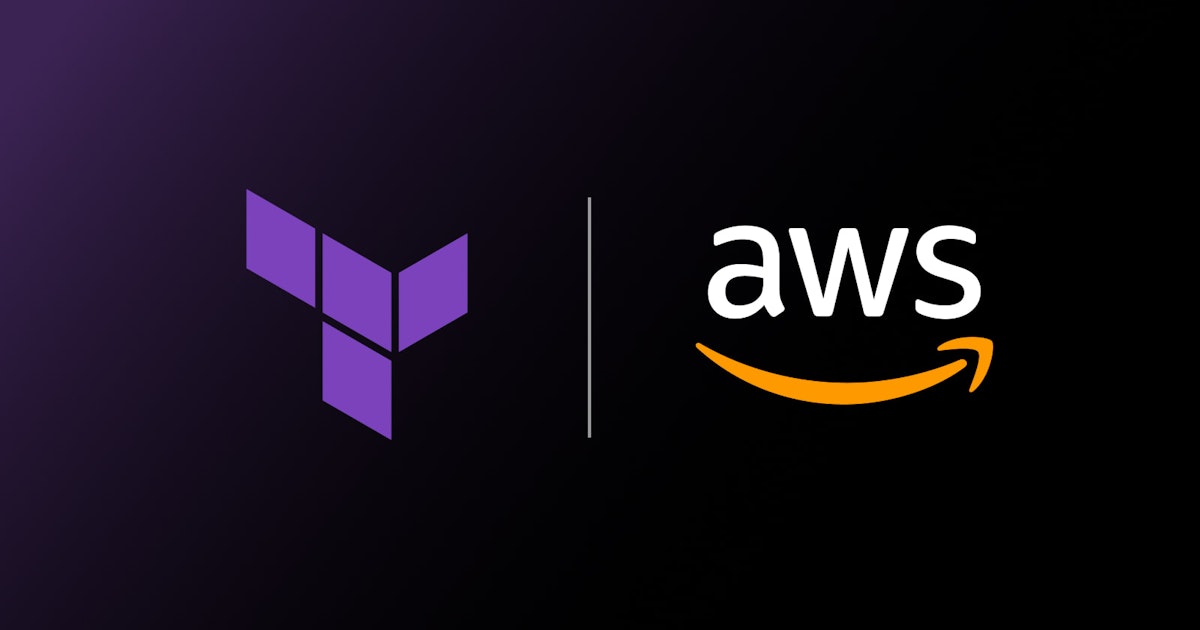OpenAI Taps Google in Unprecedented Cloud Deal Despite AI Rivalry: Report Analysis
5W1H Analysis
Who
The key stakeholders involved in this development are OpenAI, a leading artificial intelligence research organisation, and Google, a subsidiary of Alphabet Inc., which is one of the world's largest technology companies. Other stakeholders include developers, businesses relying on AI technologies, and the broader tech industry that is impacted by these companies' innovations and collaborations.
What
OpenAI has finalised a strategic cloud computing deal with Google. This agreement is significant due to the competitive relationship between the two companies in the artificial intelligence sector. The contract has been under discussion for several months and signifies a shift towards collaboration despite previous rivalries.
When
The discussions regarding the deal have been ongoing for a few months, culminating in its finalisation in May 2025. This timing suggests a response to evolving technological demands and market conditions.
Where
The deal impacts the global market, particularly affecting the United States where both companies are headquartered. It also has ramifications across international tech markets, influencing cloud computing and AI sectors worldwide.
Why
The underlying motivation for this collaboration is the massive computing demands associated with AI development and deployment, which require robust cloud infrastructure capabilities beyond what OpenAI might possess independently. Partnering with Google allows OpenAI to leverage Google's extensive cloud resources to meet these demands efficiently.
How
The partnership likely involves a combination of resource-sharing agreements where OpenAI utilises Google Cloud infrastructure to enhance its computing capacity. This might involve using specific cloud platforms, data processing technologies, and storage solutions offered by Google to optimally support OpenAI's AI projects.
News Summary
OpenAI and Google have concluded a significant cloud computing deal, highlighting the critical role of robust infrastructure in meeting the soaring demands of AI development. Finalised in May 2025, after months of negotiation, this agreement reflects a pragmatic shift towards collaboration despite existing competition in the AI sector. With Google's extensive cloud capabilities, OpenAI aims to bolster its AI processing and deployment efficiency on a global scale.
6-Month Context Analysis
Over the past six months, there have been increasing instances of competitive tech entities forming strategic alliances to tackle common challenges, particularly within AI and cloud sectors. Industry giants, including Microsoft and Amazon Web Services, have similarly engaged in partnerships to drive AI advancements and infrastructure enhancement. These patterns reflect a broader industry trend towards collaborative efforts to handle growing technical complexities and resource needs.
Future Trend Analysis
Emerging Trends
The primary trend this deal underscores is the blending of competitive rivalries into cooperative arrangements to achieve common technological goals. There is also an ongoing trend of increasing reliance on cloud infrastructure as a foundational element for AI progress.
12-Month Outlook
Within the next 6-12 months, we anticipate further collaborations across the tech sector focusing on cloud and AI synergies. OpenAI and Google may expand their partnership scope, or similar partnerships could emerge, blending competencies to rapidly advance AI technologies and their market strategies.
Key Indicators to Monitor
- Expansion of cloud partnerships in the AI industry - Growth in AI capabilities and product launches by OpenAI and Google - Financial and market performance impacts resulting from these strategic collaborations
Scenario Analysis
Best Case Scenario
The partnership between OpenAI and Google results in significant AI advancements, positioning both as leaders in the AI sector. Increased efficiencies and technological capabilities lead to better market offerings and a stronger competitive edge globally.
Most Likely Scenario
Both companies successfully augment their AI research and deployment capacities, benefiting from shared resources while maintaining competitive operations in other areas. This collaboration becomes a blueprint for future industry partnerships.
Worst Case Scenario
The collaboration faces operational challenges or strategic misalignments, potentially hindering AI progress and leading to financial or reputational setbacks for both companies involved.
Strategic Implications
Stakeholders should consider investing in technological adaptability and cross-industry partnerships to stay competitive. Companies must also focus on enhancing cloud capabilities and AI research convergence to sustain growth and innovation.
Key Takeaways
- OpenAI's collaboration with Google underscores the necessity for robust computing infrastructure in AI advancements.
- Competitive collaboration is becoming an essential strategy within the tech industry.
- Investing in cloud technology remains critical to support expansive AI research and development.
- The alignment of resource sharing and strategic objectives is crucial for successful partnerships.
- Monitoring industry collaborations can provide insights into potential market shifts and technology trends.
Source: OpenAI taps Google in unprecedented cloud deal despite AI rivalry: Report














Discussion